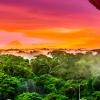
Brazilian climatologist and former IIASA Council Member for Brazil, Carlos Nobre, has been elected as a foreign member of the Royal Society. He is the first Brazilian scientist to join the world’s oldest scientific society since the 1800s.
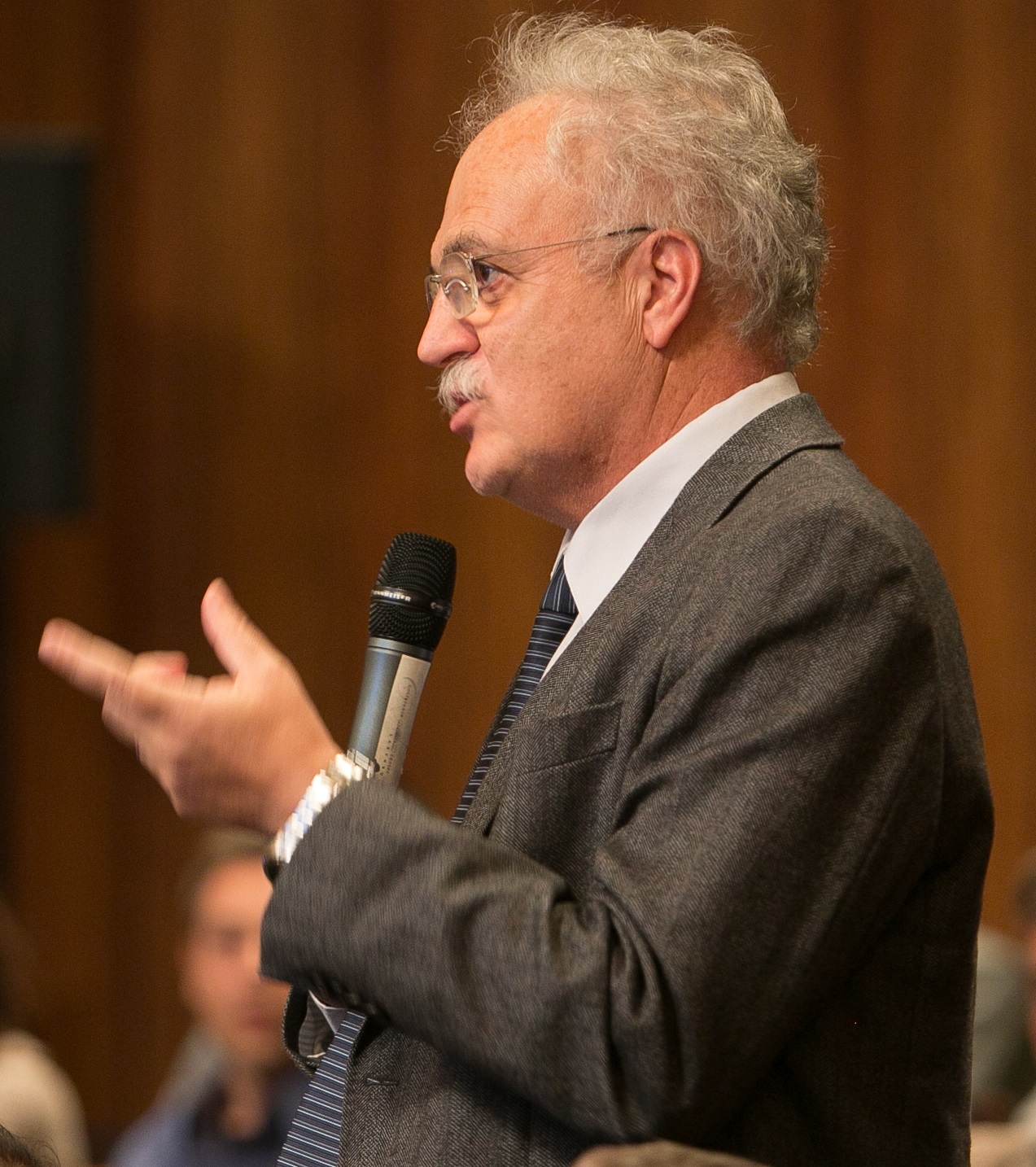 © IIASA
© IIASA
The Royal Society is the UK’s national science academy and a fellowship of around 1,600 of the world’s most eminent scientists. The society’s fundamental purpose is to recognize, promote, and support excellence in science and to encourage the development and use of science for the benefit of humanity. The society has played a part in some of the most fundamental, significant, and life-changing discoveries in scientific history since 1660, and Royal Society scientists continue to make outstanding contributions to science in many research areas.
Each year, the fellows of the Royal Society elect up to 52 new fellows and up to 10 new foreign members. Candidates must have made “a substantial contribution to the improvement of natural knowledge, including mathematics, engineering science, and medical science”. Each candidate is considered on his or her own merit and can be proposed from any sector of the scientific community. Nobre received the honor because of his work on the Amazon and its impacts on the Earth system.
Nobre served as IIASA Council Member representing the Brazilian National Member Organization from 2011 to 2016 and was awarded the title of IIASA Honorary Scholar by unanimous Council decision for exemplary dedication to the institute's ideals and distinguished scholarly achievement.
He is currently associated with the University of São Paulo’s Institute for Advanced Studies, the Federal University of Espírito Santo, as well as the State University of São Paulo. He has been an author of several reports by the Intergovernmental Panel on Climate Change (IPCC), including the 2007 report that was awarded the Nobel Peace Prize. He also served as the National Secretary for Research and Development Policies at Brazil’s Ministry of Science, Technology, and Innovation, and as President of the country’s Agency for Post-Graduate Education (CAPES).
In addition to his election to the Royal Society, Nobre is a foreign member of the US National Academy of Sciences, and a member of the Brazilian Academy of Sciences, and the World Academy of Sciences. He was awarded several prizes including the Volvo Environmental Prize and the American Association for the Advancement of Science (AAAS) Science Diplomacy Award.
IIASA congratulates Carlos Nobre on this outstanding achievement.
News
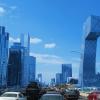
29 November 2023
Embracing ecological perspectives, tools, and models to navigate the digital economy
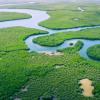
27 November 2023
A credible path for Brazil to reach net zero by 2050 depends on nature-based solutions
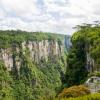
27 March 2023